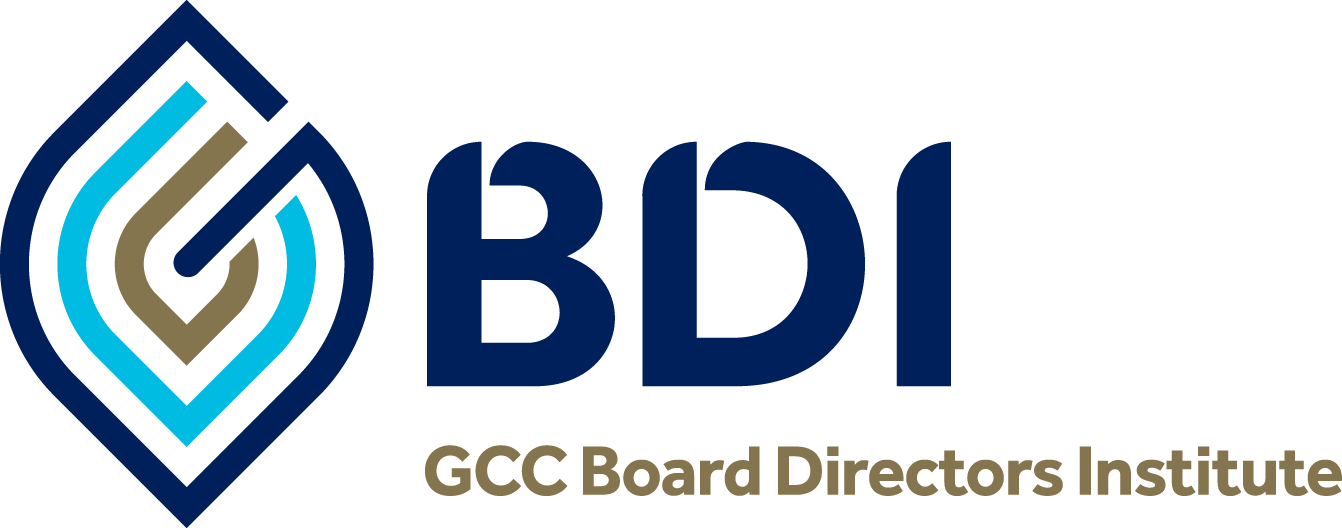Interview with Sara Khoja
1. Tell us about your career journey and how you came to serve on a board.
I qualified as a lawyer in England in 2002, working in London for six years before moving to Dubai in 2008. I became a partner in my firm in May 2012, joined its Regional Middle East and Africa Board in January 2020 and became the Chair of the Board in January 2023.
The opportunity to be on the Board came as a result of a few things: I earned a reputation for managing my employment practice well (attracting new clients, growing the team and the work), raising my market profile (being ranked in legal directories), and achieving strong financial hygiene in terms of revenue and profitability. I acted as a sounding board for our Regional Chief Operating Officer on various partner-related issues. I was also enthusiastic about getting involved in various projects which gave me the opportunity to gain in depth knowledge of the firm globally (its different regions, practices and processes). I was a member of the global partnership selection committee vetting and interviewing internal applicants for promotion to partner as well as sitting in the lateral partner committee, reviewing external candidates to join us as partners, working on rationalizing how we run our volume practices and legal delivery for client engagement, and launching an online subscription portal for MEA employment know-how.
2. What are you most proud of and why?
I was the first employment lawyer my firm employed in its Dubai office in January 2008 to grow out a UAE and then regional employment practice. In four years, I built up a GBP 1.5 million worth of practice to become a partner in May 2012. Today, we have three partners, and ten employment lawyers spread across our seven MEA offices and a combined practice worth over AED 30 million (with my practice being around AED 17 million).
I am proud of that achievement and my personal growth in the 17 years I have been with my firm working across MEA which has been due to my commitment to understanding the business of law, the market opportunities and client needs. I have looked beyond my own practice to adopt a ‘macro’ approach to building a business and have been able to reduce the volume of data, perspectives and stakeholder input to a simple implementation. Whilst I come from an academic family, I am the first lawyer in my family, and it has been a journey to get to grips with this profession and the way it operates.
3. What are your professional areas of expertise and what skills do you bring to the boardroom?
I am an employment lawyer working with in-house legal teams but also predominantly People and Culture C-Suite executives which means that I have to be commercial about the approach to people, skills, and deployment of resources. It also means keeping up to date with developments such as how AI can be leveraged, offshoring and models such as global shared services and outsourcing. Regulatory compliance and ethics are also a huge focus in what I do and advise clients on.
In addition to my professional skills and knowledge I bring a business first approach to the Boardroom and a focus on defining a straightforward strategy that can be well understood by all and implemented by all.
4. What are the benefits that diversity can bring to the boardroom, including women on boards?
Diversity in all its forms avoids ‘group think’ and helps in identifying opportunities as well as connecting with markets and people; people want to see others who look like them in their service providers, suppliers, partners. Research shows that more women on boards leads to better corporate risk management and decision making.
5. What is your advice for women who are aspiring to leadership and board positions?
- Network as widely as possible – you never know who you will meet, how they’re connected to others and what opportunities could open.
- Find a mentor and a sponsor – keep them separate and be clear on the difference between the two.
- Learn the language of your environment or your corporate culture – this is extremely important that you express yourself in a way which will resonate.
- Be bold but always polite and respectful, above all don’t be boring out of fear of being controversial.
